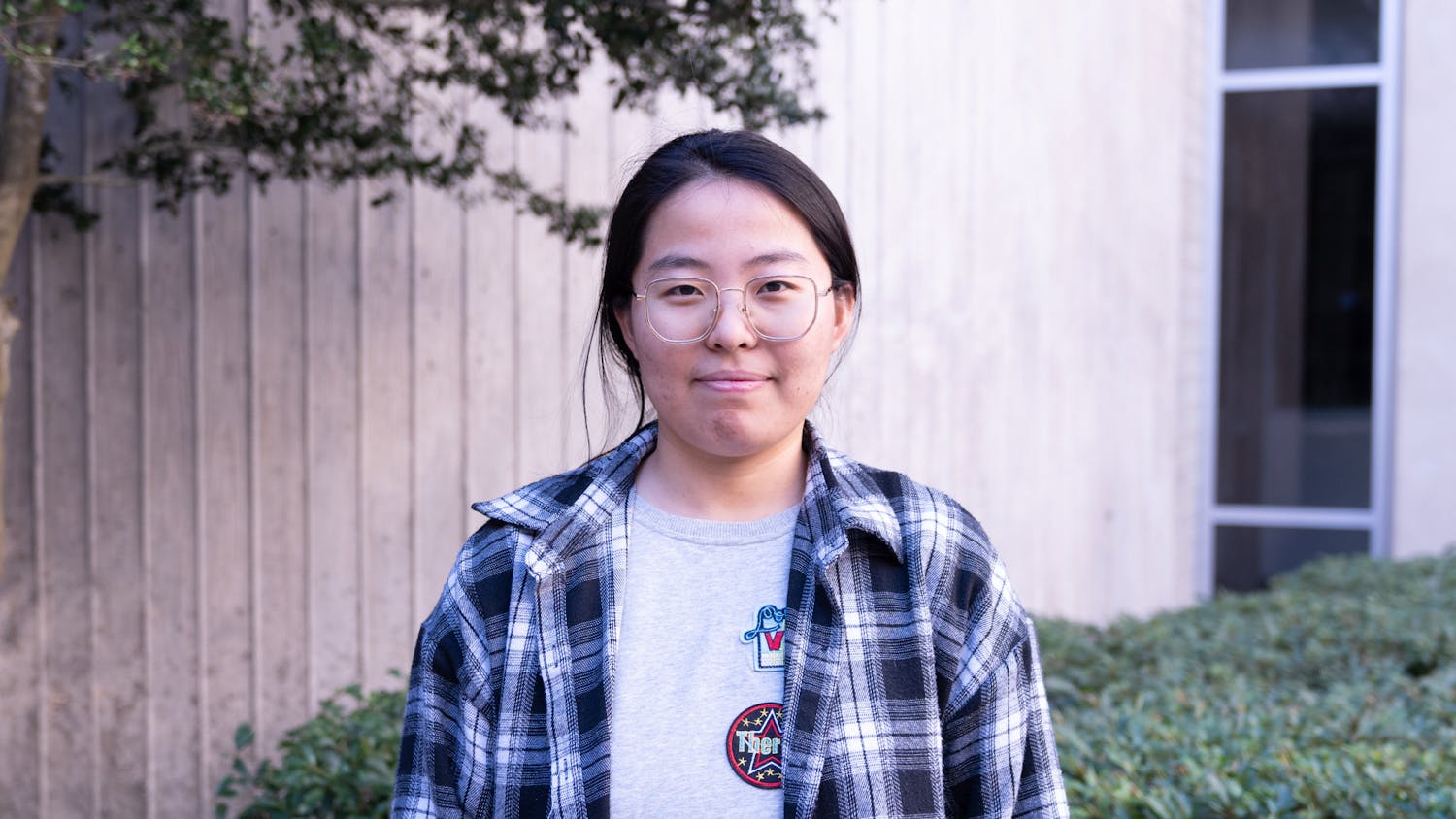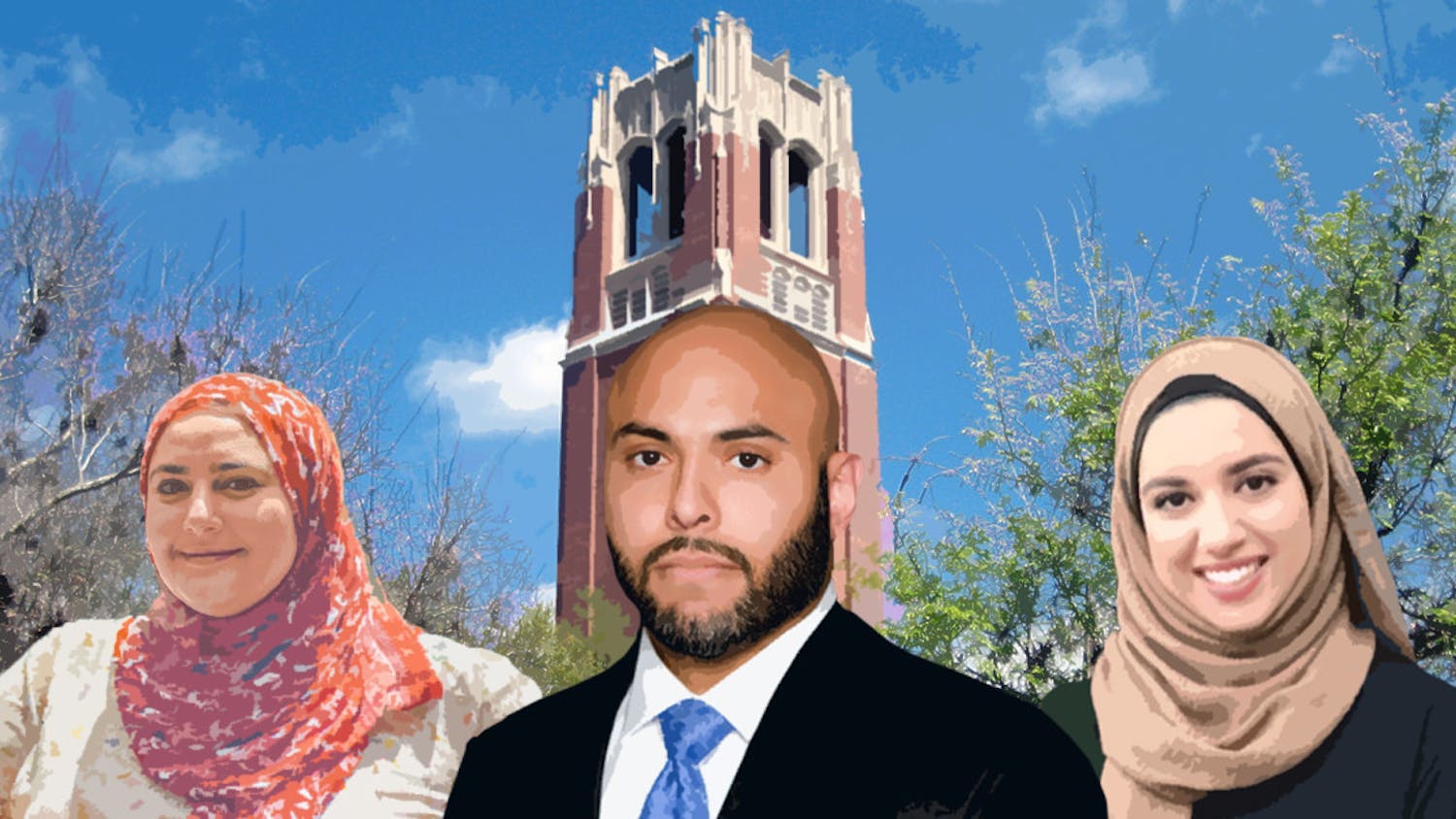We have a strange way of looking at tragedy and what’s important. It is our nature to be unconcerned about issues that do not directly affect us. I don’t know which is worse – the people who display complete ignorance of how their actions today will change the future, clinging to antiquated views through a misguided notion that to “stick to your guns” is a virtue despite new evidence, or whiny, liberal types who only care about issues as long as the problem doesn’t reach their doorsteps.
This being said, there is a pool of collective awareness we all look at, contribute to and draw from. Due to our individuality, we reach different conclusions when considering the same situations. Yet there is an accepted way to look at tragedy, and it baffles me.
On Sept. 11, 3,000 people died in one of the most horrific attacks ever documented in American history. The collapse is so poignant because of how well and sacred it is kept in our collective conscience. I don’t know anyone who got used to seeing those desperate, suffocating people leap from the buildings and into the streets below as the towers burnt to the ground. The outrage over what happened reverberated throughout the world, and you will be telling your grandchildren where you were the day it happened.
That same day, 1,200 people died from smoking-related health complications. About 137 of them were from secondhand smoke exposure. The day after that, the same thing happened. And the next day, it happened again.
It has happened every day since then, including today. This is the part where I break it down and tell you how many people each hour or minute die, but you’ve already heard rants like this before. It isn’t just about considering the amount of people that have died or feeling bad about the risks of smoking. It’s really about asking yourself why we aren’t as outraged at other forms of needless death as we are Sept. 11.
We aren’t because it is so difficult to feel these numbers in the same way we can feel the deaths of Sept. 11.
Look at prescription medication. If you want to talk about something worth being outraged over, look no further. None of us want other people treading on our personal choices, but there has to come a time when you realize more people die from prescription drug overdose than any other drug. Concaine and heroin don’t hold a candle to Grandma’s Percocet. According to the Centers for Disease Control, more than 33,000 people died in 2005 from drug overdose, and that number has continued to rise thanks to the abuse of prescription medication.
Once again, this is all about perspective. Seeing numbers on a page never seems to affect people all that much. They read it and think, “Oh, wow. That’s tragic,” and move on. Bertrand Russell once said, “The mark of a civilized man [or human] is the capacity to read a column of numbers and weep.” Bertrand, for the rest of us it helps to see, hear and feel those numbers in real life. Imagine you get up tomorrow and see the news. Turns out that five Boeing 757s crashed and killed everyone on board in one day. Imagine you woke up the next day and saw that it was happening again, and again every day. You would be freaked out. This author would be freaked out. Collectively, our focus would shift, immediately. The number of deaths is similar to the smoking statistic, so why are the deaths of the people on the plane – some of whom are smokers – so grave?
I understand that death from smoking is a slow process and a personal choice, and that death by slamming into the ground inside an airplane you can’t control happens a little quicker and is scarier. This column is not meant to condemn anyone for their personal choice. It is simply about awareness of how we all choose how we look at everything.
Wesley Campbell is a fifth-year English major. His column appears on Wednesdays.





